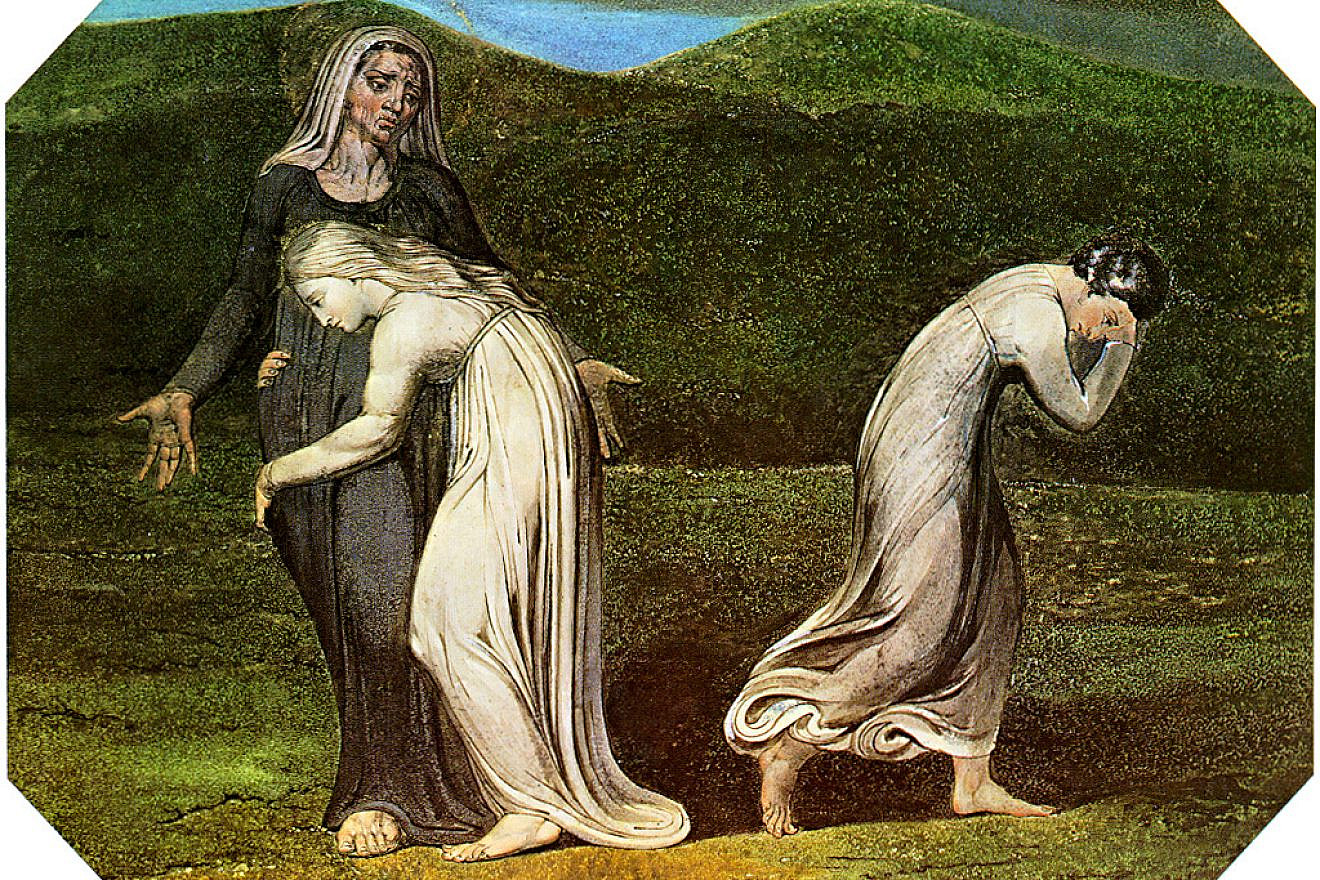This Shavuot, those interested can follow along during the reading of the book of Ruth and take in quotes like “Your people are my people, and your God is my God” in Arabic. That’s thanks to Rabbi Elchanan Poupko, an Orthodox rabbi and educator in New York who arranged and independently published a translation of the central Shavuot text last year.
Poupko told JNS that he does not read Arabic, so he enlisted someone who does to translate from Hebrew to Arabic. The trilingual translation (with English) is available for free download or purchase.
He was inspired by the Abraham Accords and the revival of Jewish life in the Gulf. He had completed an Arabic version of the Passover Haggadah. “I figured what’s coming next? And it’s ‘Ruth’ and the holiday of Shavuot,” he told JNS.
The book of Ruth is a favorite of Poupko’s.
“The rabbis say that the book of Ruth is unlike any other book in the sense that it doesn’t teach us any laws. It doesn’t teach us any specific ritual or anything that you have to do,” he said. “It is all about kindness.”
“Arabic is our mother tongue, and many of us do not read Hebrew, so this translation offers us the opportunity to participate in the reading,” she said. “As Jewish life continues to grow in the Arab world, it is beautiful to make memories and traditions that fuse together our religious traditions with our local culture and language.”
The Association of Gulf Jewish Communities recently tweeted about Poupko’s Arabic translation of the book of Ruth, calling it “the first of its kind.”
Poupko told JNS that many Americans appreciate the geopolitical significance of the Abraham Accords, but don’t necessarily think about what the accords mean in light of the diversity of Jewish communities.
“To half of the Jewish people—Sephardic, Mizrahi Jews—it’s an ability to reconnect with countries that they have lived in for thousands of years,” he said. “That’s a part of the Abraham Accords that’s often missed. The emotional side of it. How beautiful it is for many people to not disconnect.”


























